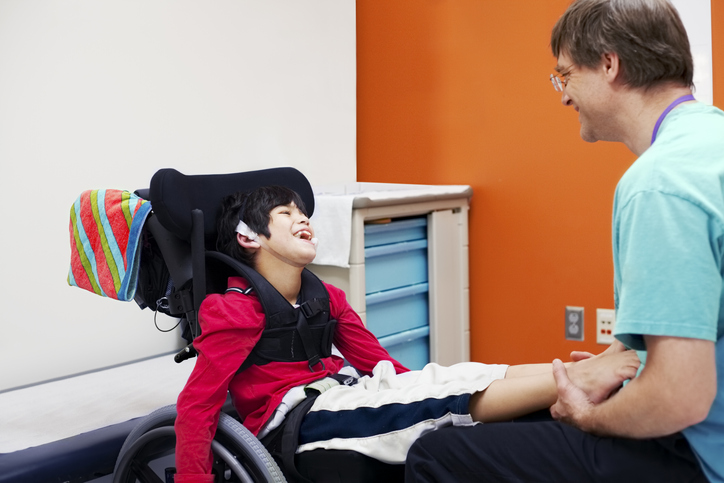Medical organizations across the nation are calling for better training initiatives for future and current Doctors treating those with intellectual and developmental disabilities (IDDs).
Presidents of the American Medical Association (AMA) and the American Dental Association (ADA) said they would work to expand disability training for medical and dental students during the American Academy of Developmental Medicine and Dentistry’s One Voice Conference.
“The AMA and ADA Presidents outlined plans to provide clinical competency training to both medical and dental students, and assured people with intellectual disabilities would be appointed to the committees that develop those plans,” the American Academy of Developmental Medicine & Dentistry said in a statement about the meeting.
More than 8 in 10 graduating medical students have no training in caring for adults with IDDs, and education about children with IDDs is minimal as well, according to Priya Chandan, MD, PhD, MPH, project director of the National Curriculum Initiative in Developmental Medicine.
The American Academy of Developmental Medicine and Dentistry (AADMD) and the Association of American Medical Colleges (AAMC), and several other organizations are working through the Action to Build Clinical Confidence & Culture to disseminate national strategies that better prepare clinicians to serve people with IDDs.
Rick Rader, senior vice president for external affairs at the American Academy of Developmental Medicine & Dentistry, said the development is “perhaps the biggest deal in the arena of health care for individuals with disabilities.”
Medical schools are starting to develop content focused on the health disparities between those with IDDs and the general population. “Even with rising life expectancy, they still die earlier, often from preventable comorbidities,” says Thomas Scheidemantel, MD, a psychiatrist and assistant professor at Case Western Reserve University School of Medicine in Cleveland.
“Currently there is little or no formal training, exposure or interaction with patients with complex disabilities in both medical and dental school. Both the AMA and ADA are now on record to initiate and promote formal didactic and clinical training in the treatment of individuals with intellectual and developmental disabilities as well as physical disabilities,” Rader said. “It could have high impact by working towards accessibility for competent and compassionate care for the special needs community across the life span.”
In a statement, the American Dental Association said that the effort “will help improve patient care to address the needs of this community and integrate all health care disciplines with one voice. Future collaboration efforts are still underway and additional information will be forthcoming.”


